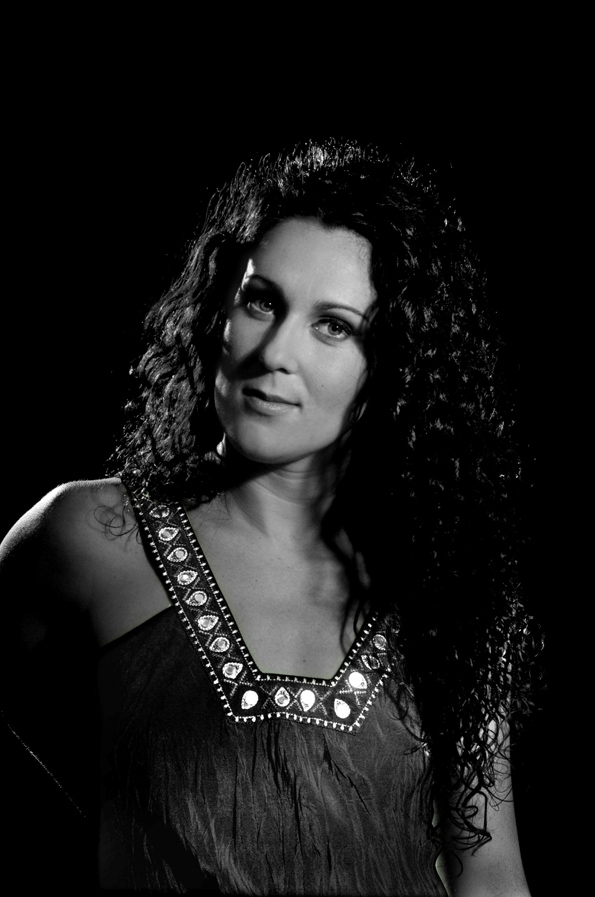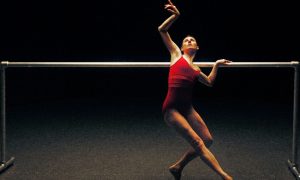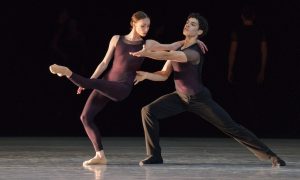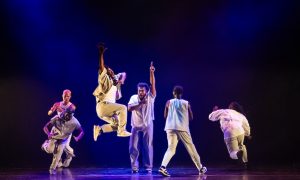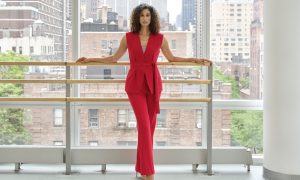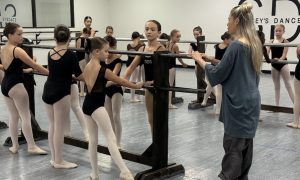ADT Assistant Choreographer Larissa McGowan shares her choreographic tips on the eve of their August Ignition season.
By Deborah Searle.
Australian Dance Theatre (ADT) has gained much recognition in the US through it’s seasons at the Joyce Theatre and for it’s astonishing performances on Superstars of Dance. Curated by ADT’s Artistic Director Garry Stewart, Ignition is a program of new works choreographed and performed by the ADT dancers, in addition to the world premiere of a new work by Melbourne based choreographer Antony Hamilton.
ADT’s annual Ignition season takes on a new space and audience in 2010 by questioning what is dance and can anyone do it?
Accomplished, cutting edge choreographer, Larissa McGowan shares her insights into what makes dance and how choreographers can succeed at their art.
This Ignition program is called ‘But is it really dance?’ What is ‘dance’ to you?
I’m not exactly sure. It keeps changing and evolving. I think that is why the question has been posed for this years’ Ignition theme. In order to understand what we do and further progress, we need to push our ideas and challenge our reasons. I am, however, discovering what I am interested in along the way. I suppose that dance for me is about finding ways my body and other bodies haven’t moved before. Playing with the human form and seeing how far it can go, or even, how little you need to do to create an interesting image or emotional value in a movement. A work is shaped dynamically with highs and lows to create a flow that keeps an audience member interested. So all types of movement can have value within a bigger picture.
When creating choreography what should artists do first?
It is really up to what stimulates you at the beginning of your creative process.
Pick music: Music is a great tool to influence a style of moving and sometimes evokes a response in the genre of the music. Don’t we all have a groove to a track we like?
Create the steps: Sometimes just improvising will ignite a new pathway. Or by setting movement first, you can manipulate and play with it down the track.
Pick a theme: A theme does tend to help contain your ideas and focus your research within a context.

What would you recommend? How do you first create?
Each process changes for me. I find random things stimulate ideas when you don’t expect it. Sometimes you go into a work not knowing what it will be and at some point in the process it finds a clearer path. I love to challenge my own body pathways, so this creates interesting and new ways of moving.
Does a work always have to have a theme or story?
An audience likes to understand something within a work to read into. However, this doesn’t mean it has to be narrative. You can evoke emotions through dance that can be accessible to audiences and allows them to find their own personal connection to a work. I think space in a work allows an audience to imagine, and question its effect on them.
Should choreography be about the audience or the art?
I think it should be able to access both. Others push these boundaries, but I have always felt that by placing it on stage and in front of an audience, you are placing it as a spectacle to be observed. It doesn’t mean you make movement for a particular audience, but I hope the audience receives a performance that challenges their ideas and creates an emotional response.
How do you inspire dancers to develop unique and interesting choreography?
Opening up and listening to each other’s ideas creates a wonderful collaborative space, which naturally allows ideas that otherwise wouldn’t have been found. Communicating and remembering that everything that goes into a creative process is worth trying, to find what you really want to portray.
For more information about ADT visit www.adt.org.au
Photos: Chris Herzfeld


